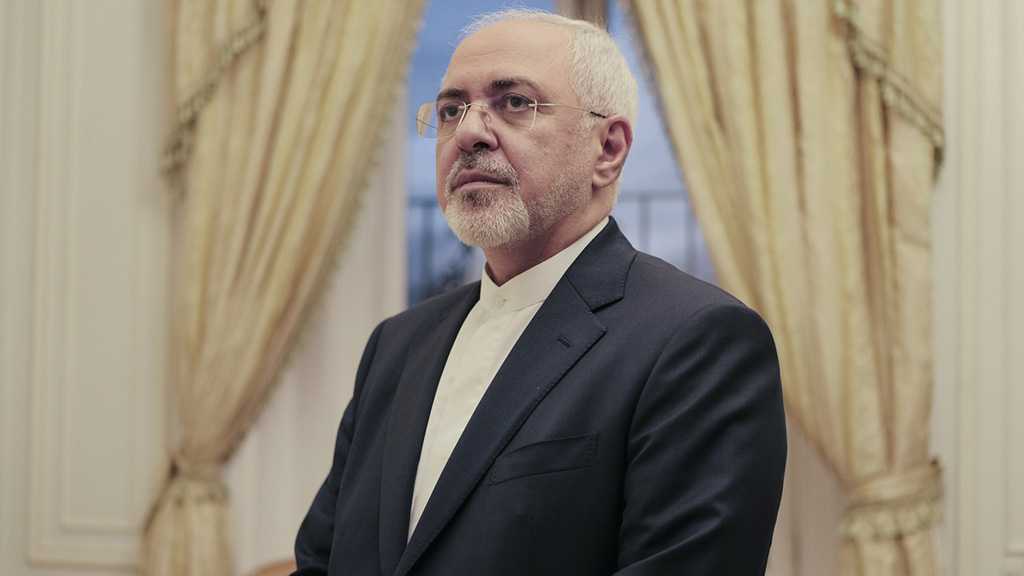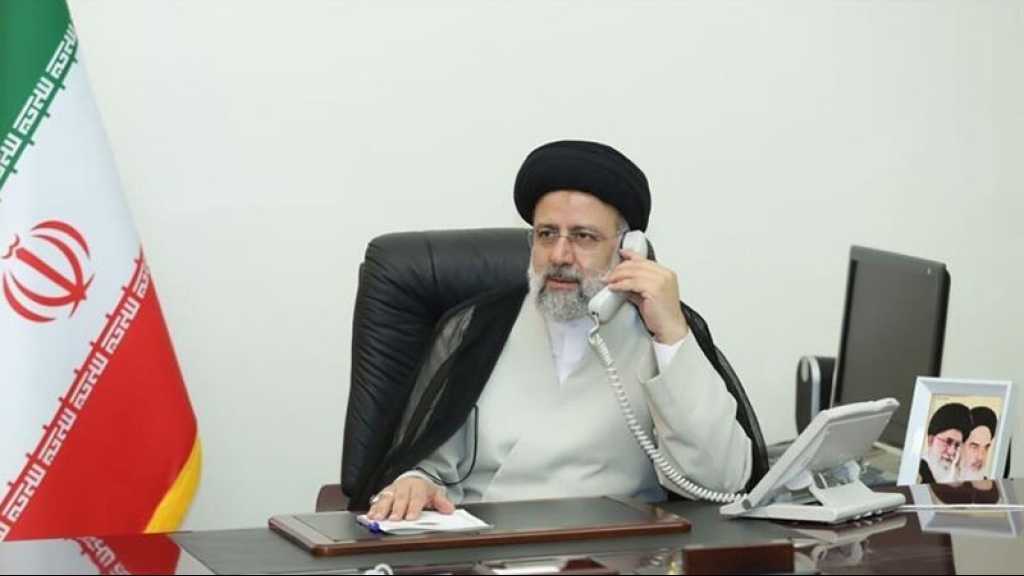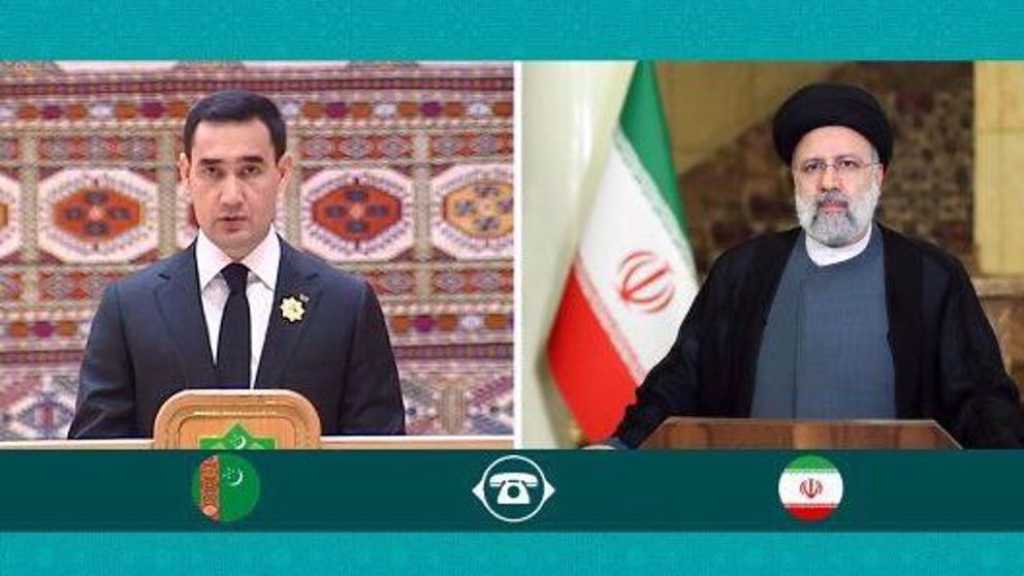
Not Too Late To Stop Nightmare of War on Yemen - Zarif

By Staff, Agencies
On the eve of the fifth year of Saudi Arabia's bloody war on Yemen, Iranian Foreign Minister Mohammad Javad Zarif said the regime in Riyadh should put an end to the "nightmare that this war has become."
"On the eve of the war's shameful FIFTH YEAR, a reminder that it's not too late to stop the nightmare that this war has become," Zarif posted on his official Twitter account on Tuesday.
Zarif also pointed to Iran's four-point peace plan that he proposed in the weeks that the campaign had begun in 2015, and said Saudi Arabia and its allies rejected the proposal "claiming that victory was at hand within THREE WEEKS."
In April 2015, Zarif submitted a four-point peace plan for Yemen to the United Nations in an attempt to end the bloodshed in the Arab country.
"It is imperative for the international community to get more effectively involved in ending the senseless aerial attacks and establishing a ceasefire," Zarif said in the letter, adding that Tehran is ready to cooperate with the UN “to facilitate and encourage an immediate end to these senseless bombardments and initiation of a genuine dialogue to find a political solution to this tragic crisis.”
Relatively, in a statement released on Monday on the occasion of the fourth anniversary of the beginning of Saudi Arabia’s war of aggression against Yemen, the Iranian Foreign Ministry said the Islamic Republic supports an overarching ceasefire in Yemen while calling for an end to the “tyrannical” economic and human blockade imposed on the Yemeni people.
In its statement, Iran's Foreign Ministry urged all political groups in Yemen to reach a political agreement, which would meet the demands of the country’s people while asking the international community to support any effort made to alleviate the suffering of Yemeni people, especially women and children.
Comments
- Related News



